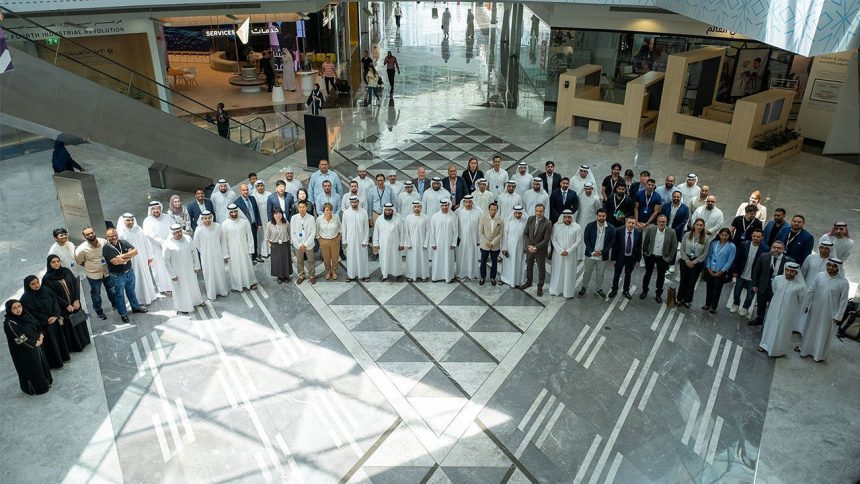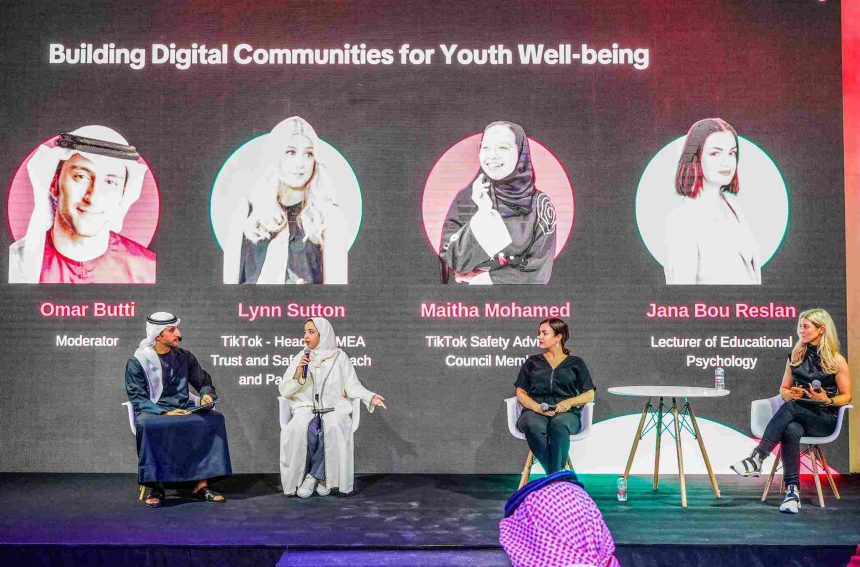Emirates Ranks First Globally in Generative AI Tools Adoption in the Workplace
A new study by Veritas Technologies reveals that 92% of employees in the UAE use generative AI tools.
Such as ChatGPT and Gemini (formerly known as Bard), in their workplaces.
This puts the UAE at the forefront of AI adoption globally.
However, there are mixed opinions among employees about AI, and some concerns about the best ways to use it.
While some see the benefits of using AI in the workplace.
Others are concerned about the increased risk of exposure to sensitive and confidential information.

Important Results About Using AI by the Employees in the UAE
- 68% of respondents believe that those who do not use AI tools are missing out on opportunities to achieve higher productivity in the workplace.
- 48% of the same group say they need training to be successful and achieve equality in working conditions.
- 96% believe that having guidelines and policies in place for the use of these tools is essential.
- Only 47% currently receive guidance and instructions on how to use these tools.
Johnny Karam, Managing Director and Regional Vice President for International Emerging Markets at Veritas Technologies, highlighted the UAE’s leading role in this area:
“The UAE continues to lead global and regional efforts to adopt new technologies.
However, the journey of using public generative AI does not stop at adoption alone.
The emerging gap between employees and concerns about securing sensitive information must be addressed.”
He added: “This can be done by providing comprehensive training and developing clear regulatory frameworks to develop employee skills and ensure the security of the large amount of data they work on.”

Lack of Guidelines and Policies on Generative AI Exposes Organizations to Risks.
34% of employees in the UAE admitted to entering potentially sensitive information.
Such as customer details, employee information, and corporate financial information, into generative AI tools.
This is likely due to the fact that 56% of them do not acknowledge that this practice could lead to the leakage of sensitive information into the public domain.
While 58% of them are not aware that it constitutes a breach of data privacy compliance regulations.

Usage Rates
- 82% of employees in the UAE, compared to 56% globally, reported using generative AI tools regularly, at least once a week.
- Only 8% of them, compared to 28% globally, said they do not use these tools at all.
- This may be because only 57% of respondents received guidance from employers on acceptable and unacceptable practices in using AI.
This ambiguity can lead to at least two negative consequences:
- Increased potential for conflict and negative attitudes among employees.
- A shocking 68% of respondents believe that employees who use generative AI tools have an unfair advantage over their colleagues who do not.
- This is the highest percentage globally.
- Many employees are not achieving greater efficiency in their work because they are not using generative AI tools appropriately.
- They are not aware of the full potential of these tools.
- In comparison, AI users reported benefiting from faster access to information (63%), increased productivity (51%), automation of routine tasks (47%), generation of new ideas (51%), and finding advice on dealing with workplace challenges (33%).
The UAE is at the forefront of education, developing curricula that emphasize ethics in Artificial Intelligence.
A significant step towards equipping students to interact with technology ethically and consciously. #Education #UAE pic.twitter.com/dQ1e1VRBGb
— UAE Voice (@uae_voiceeng) February 27, 2024
85% of Employees in the UAE Called for Guidelines
Most employees in the UAE called for guidelines, policies, or training to be provided by employers on the use of generative AI within their organizations.
Globally, UAE employees are the most aligned in their reasons for the importance of guidelines and regulatory frameworks for AI in the workplace.
- The main reasons for this call were:
- So that employees learn how to use these tools appropriately (73%).
- To reduce risks (45%).
- To ensure equal opportunities in the workplace (31%).
As we can see, generative AI tools are taking important role at work places due to its high contribution in facilitating daily employees tasks.
However, there should be some guidelines to benefit from them without any risks.
Read Also:
Emirates in ITB Berlin Again This Year
DP World and Masdar Renewable Energy Partnership Agreement
Buna Platform: Emirati Dirham Dominates Transactions





